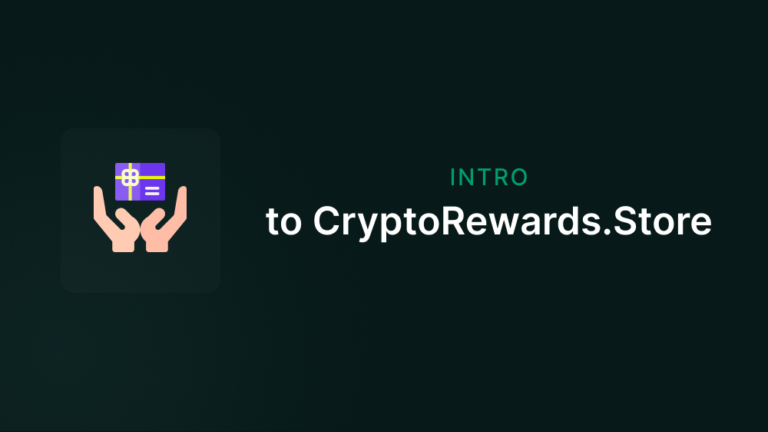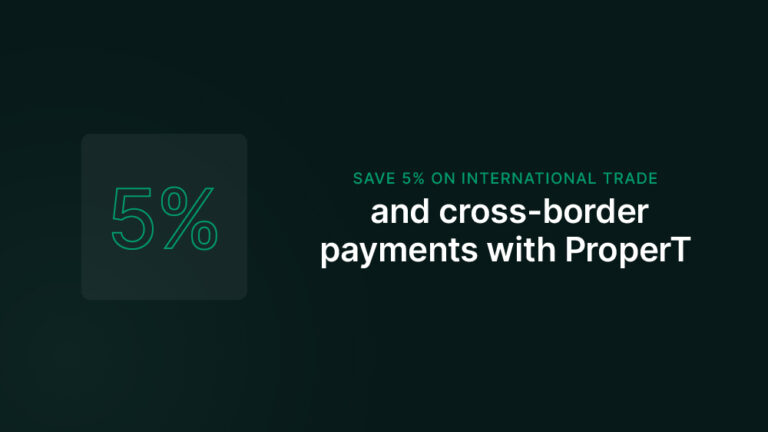Today’s digital world is filled with valuable information stored in digital form and physical assets like real estate, cars, and warehouses. However, because these assets are so different and fragmented, they tend to be kept in individual spaces rather than combined and streamlined. This has led to an abundance of intermediaries, manual processes, and poor visibility into the different assets individuals or companies own.
Let’s dive into how blockchain technology can create a more efficient way of registering and tracking ownership of digital or physical assets such as real estate, cars, or other valuables.
What is Blockchain?
A blockchain is a decentralized, digital record of transactions, agreements, or other interactions that use computers and cryptography to record, verify and secure data. Each block of data is recorded in a way linked to other blocks and a timestamp. Blockchain is often used to refer to the technology that records and verifies bitcoin transactions, but it is also used for other applications.
Blockchain is a type of distributed ledger technology. With blockchain, computers on a network are stitched together and work to process transactions or other data. A blockchain can be public (where anonymous or pseudonymous electronic identities identify users) or permission (where users have an electronic identity such as a username and password).
How Can Blockchain Be Used to Track Asset Ownership?
One of the most promising use cases for blockchain technology is tracking the ownership of assets. Imagine that you want to buy a car from a private seller. You agree on a price, get the car inspected, and sign a contract, but then you struggle to find a way of exchanging the title between you and the seller. This happens because there is no easy way to verify that the seller actually owns the car. You could use a blockchain-based solution to track the car’s ownership to solve this issue.
This solution would work by registering the car ownership in a blockchain-based ledger and then using smart contracts to automatically trigger the transfer of ownership between you and the seller when you have paid for the car. To protect the seller against fraud, you could also have the blockchain solution require that you put down a deposit. This is just one example of how blockchain could track asset ownership. Other possible examples include tracking the ownership of the real estate, shares in a company, or valuable paintings.
Blockchain Benefits for Tracking Asset Ownership
With blockchain, you are able to create a decentralized and tamper-proof record of transactions. This means that you get transparent and auditable records with full accountability. Blockchain also makes it easier for individuals and organizations who are not technical experts to record their assets in a blockchain-based ledger. This is because blockchain-based ledgers are user-friendly and can be accessed through a web-based application.
Furthermore, blockchain-based ledgers are not bound by jurisdictional boundaries. This means that you can track assets internationally regardless of where they are located. Another critical advantage of blockchain for tracking asset ownership is that it simplifies buying and selling assets by removing the need for manual paperwork. This is because blockchain acts as an intermediary between two parties that want to exchange assets. One example of how blockchain can simplify the buying and selling process is by allowing sellers to create a digital token representing the car. This token would then be recorded in the blockchain-based ledger and could be used as a substitute for the car title. The token could then be used as proof of car ownership, allowing the seller to transfer the car’s ownership to you digitally.
Limitations of Blockchain for Tracking Asset Ownership
One of the main limitations of blockchain for asset tracking is that it is still in its early stages and is often not used in real-world applications. This means that there is a risk that many organizations may not adopt blockchain-based applications. Another limitation of blockchain is that it is not very efficient when you need to process a lot of data. Blockchain-based solutions may not be suitable for large organizations that need to manage a large amount of asset data. Finally, blockchain-based solutions are still relatively costly to implement. Blockchain may not be the most suitable solution for organizations with limited budgets.
Key takeaway
Blockchain technology has the potential to streamline many different processes and industries. One of its most promising applications is tracking asset ownership. Blockchain has several advantages in this field, including its decentralized character and ability to simplify buying and selling by removing the need for manual paperwork. While blockchain has many potential uses, it is still in its early stages and has yet to be used in many real-world applications.
To learn more about ProperT and how you can acquire tokens for your next real estate purchase, visit www.getpropert.com and receive a 5% token-back reward on all purchases.




